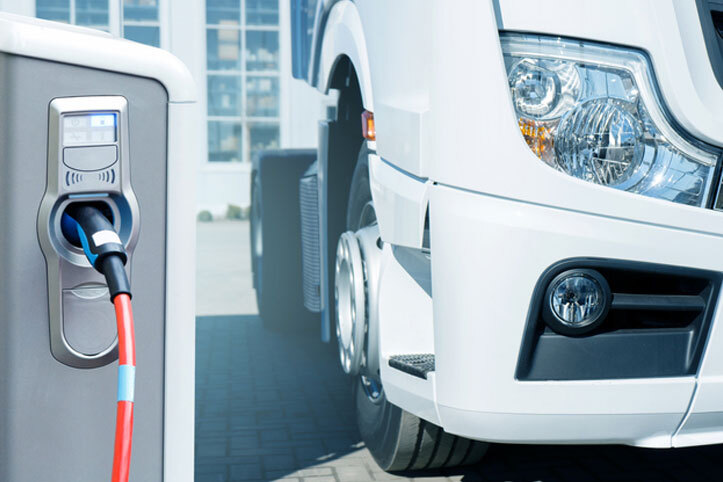
Truck Makers Tout an Electric Future. Privately, They’re Stalling It
With the growing concerns about the negative impact of diesel-powered vehicles on the planet, major truck manufacturers have given repeated assurances to the public regarding their efforts in producing low-emission trucks. Volvo, for instance, claims to be leading the transformation towards creating safe and fossil-free vehicles in their latest Annual and Sustainability Report.
However, these very truck manufacturers are actively working behind the scenes to delay the shift to clean energy trucks. They are also the leaders of a campaign against a new rule passed by California that requires auto manufacturers to produce and deliver more zero-emission vehicles to the state. The regulation stipulates that over half of the trucks sold in the state need to be zero-emission by 2035.
The Truck and Engine Manufacturers Association, representing truck manufacturers across the nation, has also been active in trying to weaken federal laws related to limiting greenhouse gasses and other pollutants.
And if they win, they will be able to continue producing and selling diesel-powered trucks for longer. A senior vehicles analyst, Dave Cooke, who is associated with the Union of Concerned Scientists, believes that the promises truck manufacturers make in press releases don’t mean much. They can easily get away with saying that they are making efforts but refrain from talking about the results.
Trucks account for almost a quarter of all US greenhouse gas emissions from vehicles. And these harmful gasses lead to thousands of deaths in the country every year. In addition, as per San Clemente Truck Accident Lawyers, these large vehicles are also a significant cause of traffic crashes all over the state and the country.
While the shift to electric-powered passenger vehicles in America has been rather smooth, the same isn’t true for medium and heavy-duty trucks. While truck manufacturers are adamant that they can only move forward according to the market demand, environmentalists think that unless hard deadlines are set, these companies won’t stop dragging their feet over this matter.
According to an attorney for the environmental law firm, Adrian Martinez, the truck companies are trying to have it both ways. They are leading campaigns against the regulations that force them to shift to clean technology while also trying to get commended for their actions in developing it. The truck manufacturers, however, don’t feel that there is any disconnection between their public and private actions.
The vice president of government relations and public affairs for Volvo Group North America, Dawn Fenton, said that the company is committed to its goal of going fully fossil-free by 2040. But she also added that some things were not within their control. For example, the lack of a country-wide charging network and supply chain issues are some of the problems truck manufacturers face. This, combined with the fact that electric-powered trucks may be too costly for some customers, has led them to protest against strict government mandates.
The Environmental Protection Agency (EPA) has started working on rules for reducing emissions from large vehicles like trucks, delivery vans, and buses. The first rule, which is likely to be finalized by the end of the year, deals with enforcing stricter limits on truck emissions. The second rule would deal with reducing greenhouse gas limits starting in 2030 to speed up the transition to electric-powered vehicles.
Truck manufacturers have held repeated meetings with EPA officials to push back the rules and to adopt more relaxed standards for gasses like nitrogen dioxide. Reducing nitrogen dioxide by 90% by 2031 would lead to increased costs for the company, which may delay its electrification plans. While the companies and their lobbyists seem to have made some progress with their campaign against this proposal, dealing with California’s rules hasn’t been as easy.
However, to enforce the rules, the state requires an EPA waiver allowing them to set stricter tailpipe standards than the federal government. This waiver request has been challenged by The Truck and Engine Manufacturers Association. If the EPA decides to grant this waiver, it may lead to nasty court battles between the state and the truck manufacturers.
However, California air regulators are determined to move forward with their policy. If the truck industry and its lobbyists try to undermine the policy, they will take stricter steps to combat pollution, possibly with more forceful electrification mandates.


